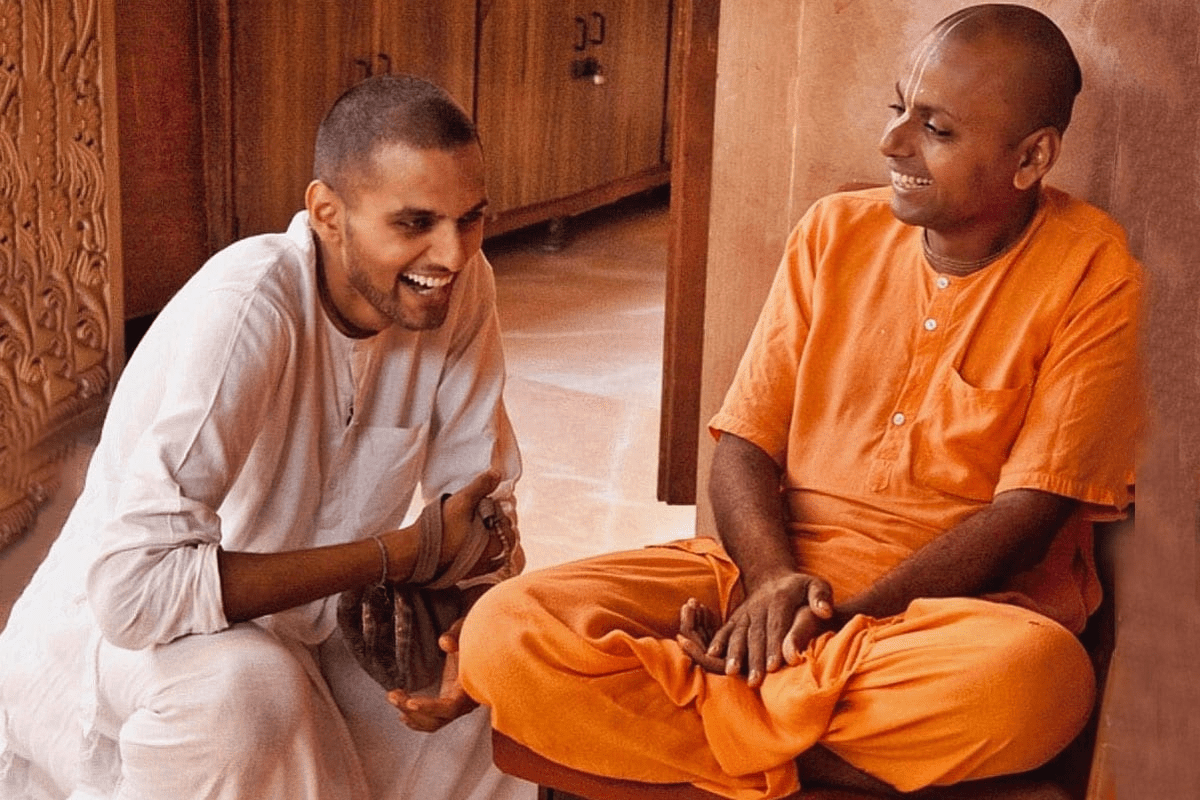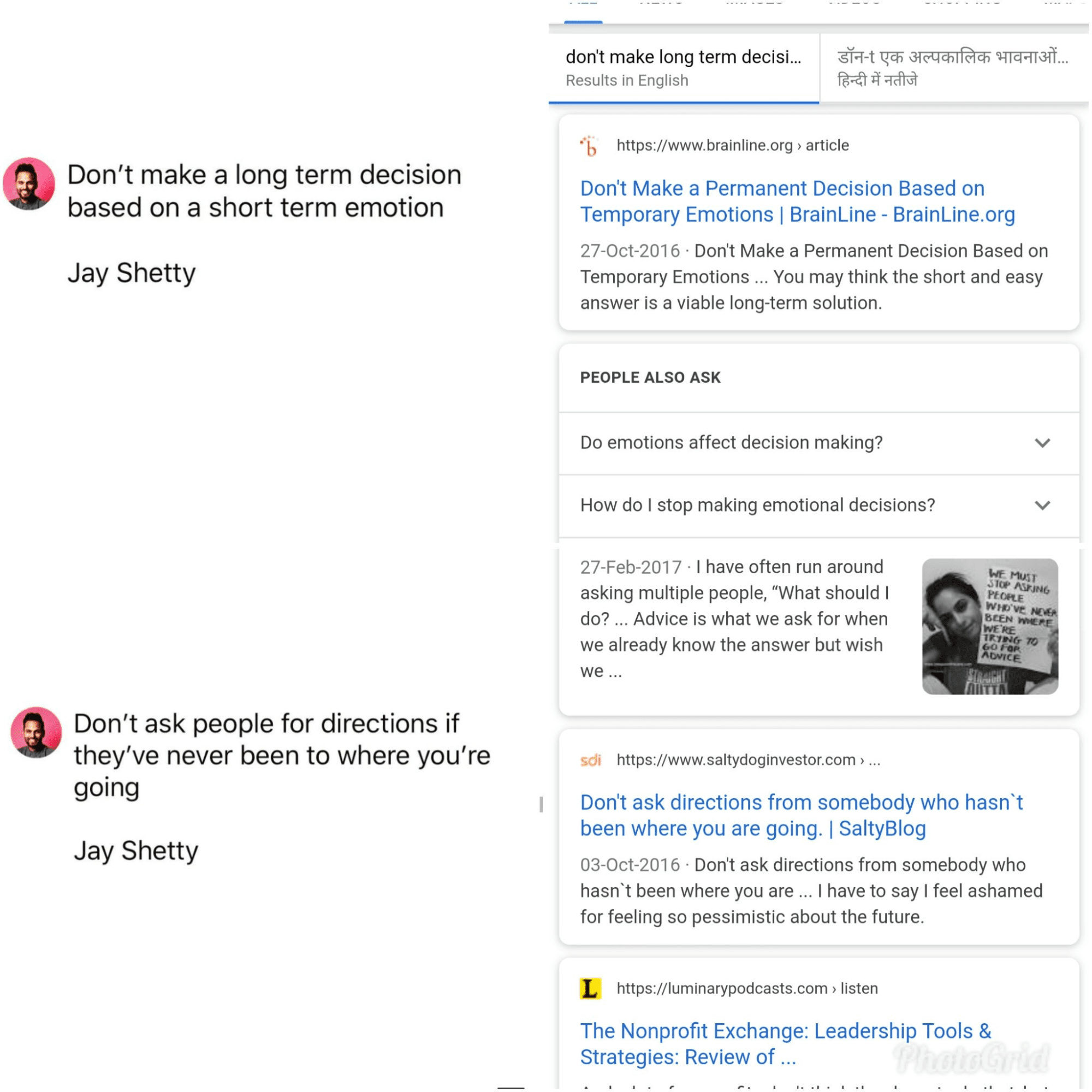Many of us are deeply immersed in the world of self-help and personal development. We’ve all experienced those moments of inspiration after reading a book, watching a TEDx talk, or attending a workshop. It’s a journey toward self-improvement that feels both empowering and enlightening.
Enter Jay Shetty, a prominent figure in the self-help space, revered for his motivational content and celebrity connections. However, recent revelations have cast a shadow over his once-pristine image. An extensive exposé by the Guardian has uncovered allegations of deception, plagiarism, and misrepresentation, shaking the very foundation of his credibility.
Let’s delve into the unsettling details about Jay Shetty’s lies.
Deception and Plagiarism:
Shetty’s ascent to fame was built on a foundation of motivational wisdom and personal anecdotes. However, accusations of plagiarism and fabrication have tarnished his reputation as a genuine influencer in the self-help sphere. It’s disheartening to learn that some of the inspirational quotes and stories we’ve embraced as our own were not his creations.

False Claims and Misrepresentation:
Among the most alarming allegations is Shetty’s embellished narrative of spending three transformative years in an Indian temple. This embellishment served to enhance his credibility and authenticity, painting him as a modern-day sage. However, the truth behind these claims has been called into question, leaving many feeling betrayed and disillusioned.
Credential Fraud:
Scrutiny into Shetty’s educational background has uncovered discrepancies, with reports suggesting he misrepresented his qualifications in behavioral science. This revelation raises doubts about the legitimacy of his expertise in counseling and coaching, further eroding trust in his teachings.

Exploitative Practices:
The exposé has shed light on the exploitative nature of Shetty’s coaching school, which allegedly charged exorbitant fees while making false promises of academic affiliations. These practices preyed upon vulnerable individuals seeking guidance and support on their personal growth journeys.

Spiritual Discrepancies:
Despite presenting himself as a “Vedic monk,” Shetty’s selective disclosure of his upbringing in a controversial sect has raised questions about the authenticity of his spiritual teachings. The omission of crucial details has left many wondering about the sincerity of his philosophical beliefs.
Content Controversy:
Perhaps most troubling is the revelation that much of Shetty’s content, which garnered him immense popularity on social media platforms, was not his own. Instead, it was allegedly authored by others within his community, raising ethical concerns about intellectual property rights and fair compensation.
Legal Response:
In response to these allegations, Shetty’s legal team has offered rebuttals and defenses. However, the ongoing discrepancies in his narrative continue to fuel skepticism and doubt among his followers.
Now, let’s zoom out from the Shetty controversy and examine the broader landscape of the self-help industry.
We’re inundated with a constant stream of self-help content, from books and seminars to YouTube videos and social media influencers. It’s easy to get caught up in the allure of personal development, seeking guidance and inspiration from those we perceive as experts.
However, it’s crucial to recognize that the self-help industry is, first and foremost, a business. Behind the facade of altruism lies a profit-driven machine, where authors, speakers, and influencers profit from our desire for self-improvement.
The Personal Development Scams:
In our quest for self-improvement, we may inadvertently fall prey to personal development scams. The very individuals we turn to for guidance may exploit our vulnerabilities for financial gain, offering superficial solutions without any scientific basis.
These so-called gurus perpetuate a cycle of dependency, keeping us hooked on their content and products while profiting from our perpetual pursuit of perfection.
The Danger of Blind Trust:
In an era where anyone with an internet connection can proclaim themselves an expert, it’s essential to exercise caution and discernment. Just because someone speaks with confidence or boasts a large following doesn’t mean they’re qualified to dispense life advice.
Before placing our trust in self-help gurus, we must conduct thorough research, scrutinizing their credentials and evaluating the legitimacy of their teachings. Blindly following charismatic leaders without questioning their motives can lead us down a dangerous path of manipulation and exploitation.
Final Thoughts:
The Jay Shetty controversy serves as a sobering reminder of the darker side of the self-help industry. It’s a wake-up call for all of us to approach personal development with a critical eye and a healthy dose of skepticism.
Instead of seeking quick fixes and easy answers, let’s commit to genuine introspection and growth. Let’s empower ourselves to separate fact from fiction, discerning truth from manipulation in our pursuit of self-improvement.
Ultimately, the journey toward personal development is a deeply personal one, guided by our own values and aspirations. Let’s embark on this journey with mindfulness, integrity, and a willingness to question the status quo.












What do you think?
It is nice to know your opinion. Leave a comment.